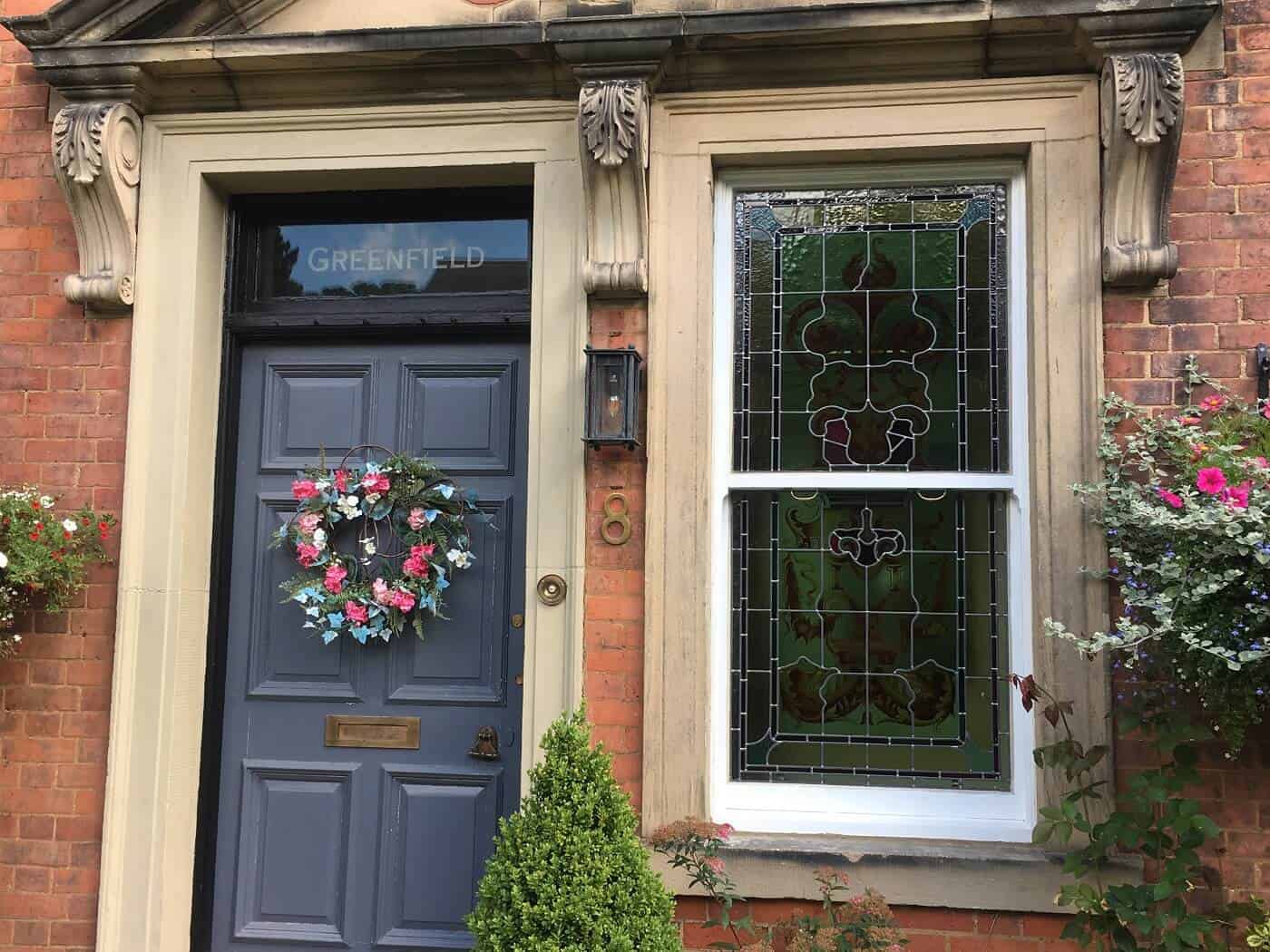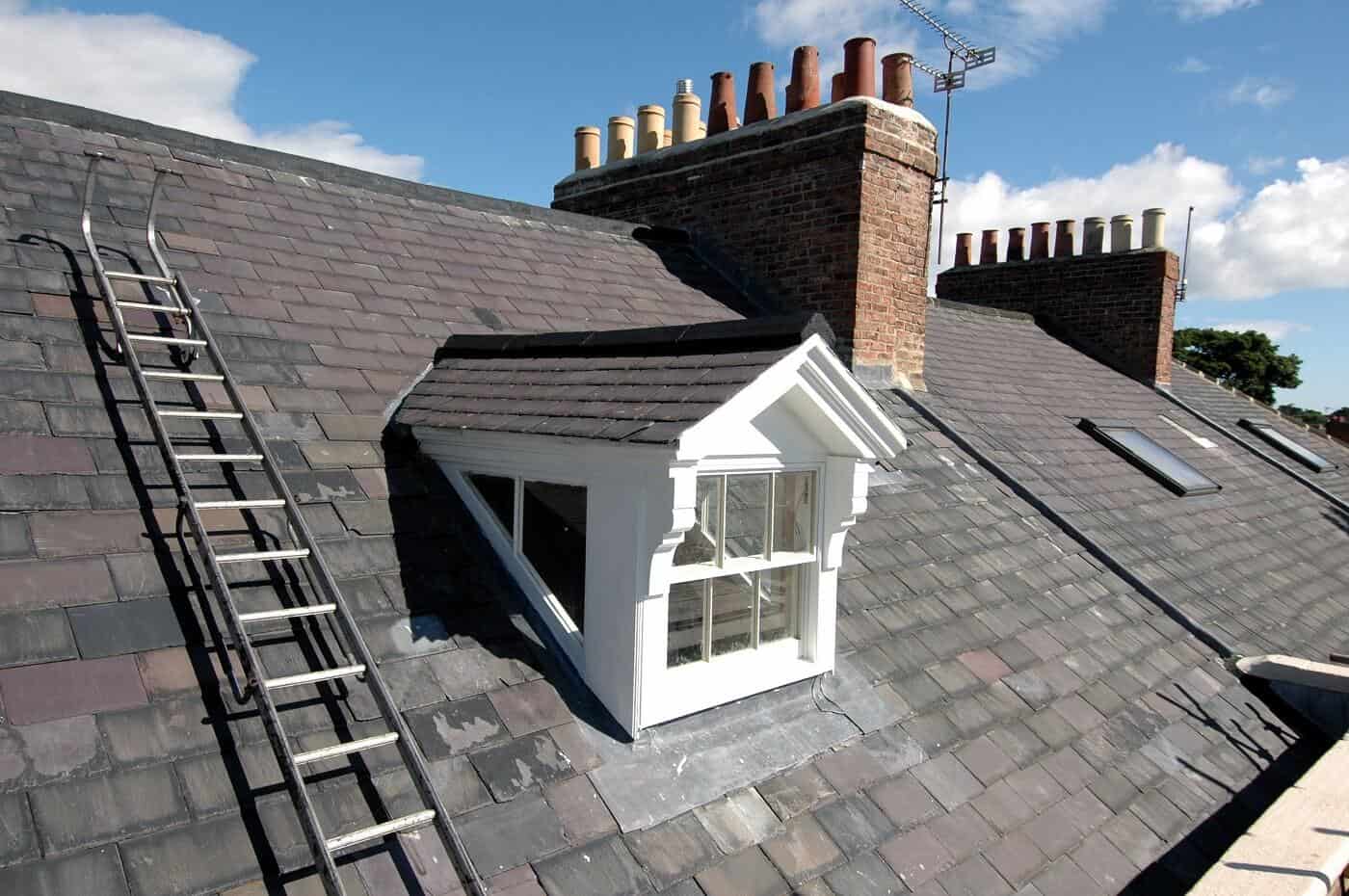You may want to protect the exterior wood on your windows or another installation. Whatever the case, you may want to use a preservative. There are many available. What we want to do here is go over the specifics of solvent and water-based wood preservatives. We’ll look at what they are exactly and go over the pros and cons of each. Then, if you need help with sash window restoration in Northumberland, you can rely on us.
 Wood preservatives, sometimes going under the name wood protectors, are treatments. You use them to safeguard raw wood from the elements. They stop woods from rotting and degrading. Moreover, they protect against insects.
Wood preservatives, sometimes going under the name wood protectors, are treatments. You use them to safeguard raw wood from the elements. They stop woods from rotting and degrading. Moreover, they protect against insects.
The preservatives work by generating a barrier between the wood and air. It stops fungi, moss, mould, and the like from growing on the material itself. This increases the lifespan. It’s possible to use a preservative as a base coat before painting. Or, they can function as standalone protection.
The options
There are both water-based and solvent-based products available. The latter are created using petroleum solvents like mineral spirits. Water-based ones, as their name implies, utilise water as the base.
Solvent’s advantages and disadvantages
The pros of this preservative include it providing your wood with an outstanding protective layer. You have multiple options to protect against UV rays to halt damage and fading as well. It is also possible to use solvent products under paint if it is a solvent product variant itself. Lastly, the colour appears fresh for years with the preserver alone.
As for the cons, you need to re-apply the preservative every few years for persisting protection. Since you’re working with solvent-based products, there are higher VOC levels than water-based ones. This is a less environmentally friendly option too. Finally, for proper adhesion, you must use solvent-based paint on top. If you want pointers from the best provider of sash window restoration in Northumberland, you should speak to us.
An alternative
Many examples of people using water-based preservatives as standalone finishes for their wood exist. It does work well for this. You might have to re-apply it more rapidly than what it states on the can. Besides that though, it holds up and does a good job protecting the wood.
In some instances, water-based products aren’t designed to act as the last layer of protection. They seal the bare wood and prepare it for stain or paint. If you’re aiming to use these preservatives as your last coat, make sure you have one you can use for that purpose. Otherwise, you’ll need to treat your wood after using external wood oil or paint.
The best and worst of water-based products
The pros of this option include that it contains fewer toxic ingredients. They tend to promote superior adhesion of paint too as they keep the wood exterior more porous. Thanks to a quicker drying time, projects conclude faster as well. Cleaning up after them is also more straightforward. You don’t need to use harsh solvents for equipment. Water-based preservatives aren’t as prone to blistering or peeling either because of the superior wood penetration.
For the cons, they don’t seep as deeply into the wood. You will have to re-apply them more frequently. Another disadvantage is that they are not as water resistant. The wood can absorb the moisture more readily. Your wood grain can rise more here too, resulting in extra sanding. For extreme exterior conditions and wood rot resistance, they might not do as well as solvents.
Efficient sash window restoration in Northumberland
At David Humble, we work quickly and efficiently. This is possible thanks to our perimeter sealing system. It allows us to work from the inside rather than outside. There is less time climbing ladders and more repairing your windows.
So, come to us if you need the foremost services for sash window restoration Northumberland has. We have the broadest range of skills and can work on most properties.

